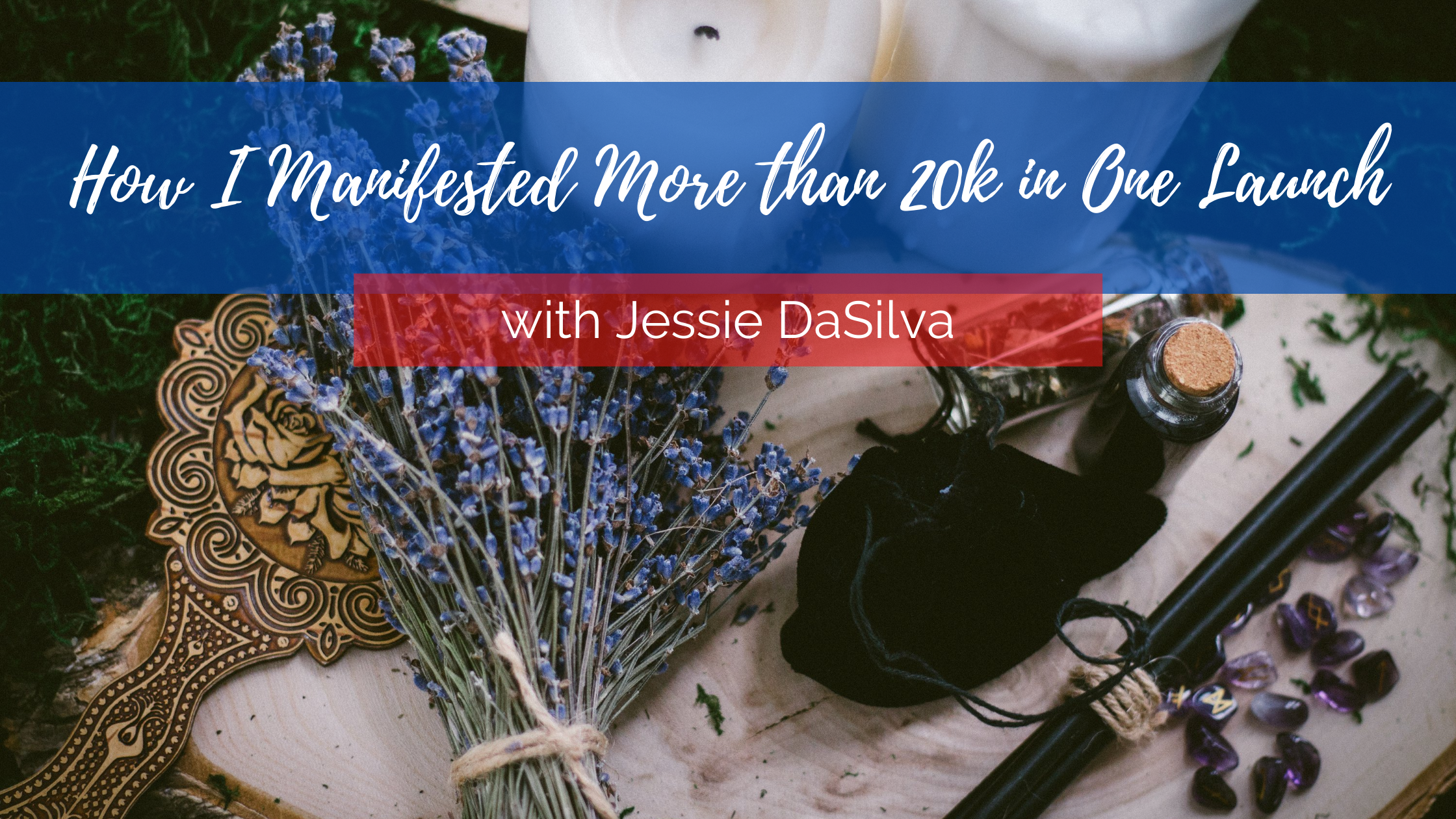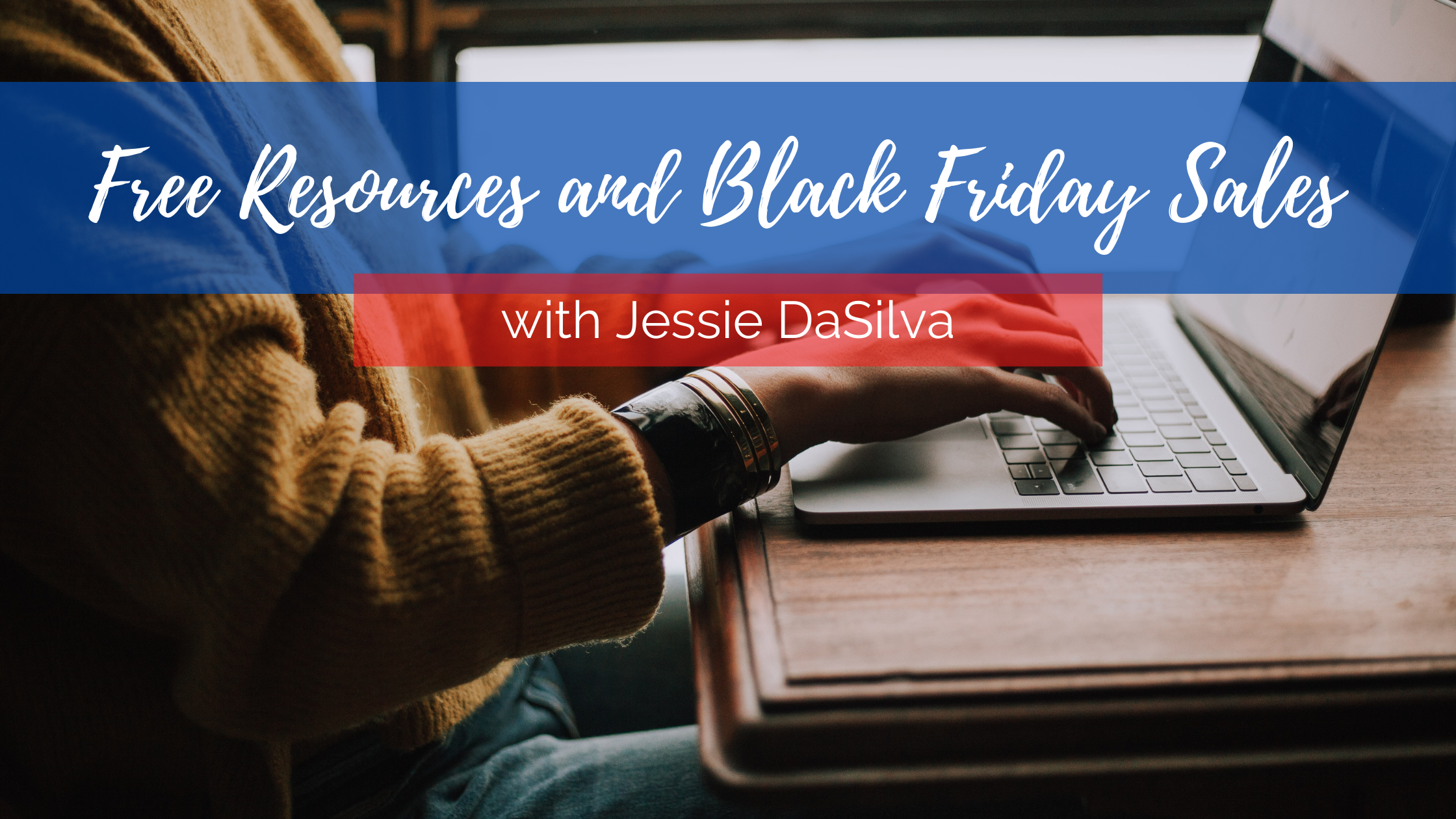Let me start this book review by saying that I hate to dog-ear books. I take very good care of my books. After a lifetime of betrayals in which I’ve seen loaned books get left out in the rain or tattered up in purses, I don’t even ALLOW anyone to borrow my books. THIS AIN’T A LIBRARY, HO. GO GET YOUR LIBRARY CARD.
Mindset: The New Psychology of Success by Carol S. Dweck, Ph.D. is the exception to the dog-ear rule. It was filled with such wisdom that I couldn’t help but leave tiny folds in the corners of several pages. I even (dare I say it?) considered using a highlighter.
Yes, friends, I considered marking up something besides a textbook! It’s that good.
The basics of what I want to convey is that despite its super academic cover (and author and subject matter), it’s not only accessibly written, but a genuinely pleasant read. It’s informative and personal, with so many examples of what a fixed mindset and a growth mindset look like, that you can’t help but begin seeing the two sides in yourself. That was something I really needed.
I originally picked up Mindset, because I was dealing with two twin issues: fear of success and fear of failure.
I call them twin issues because as I learned in therapy, they tend to spring from the same source and cause the same less-than-stellar outcomes. This looks different for everyone, but I’ll explain my issues further to provide a better understanding.
Fear of Success
Back in February, I accepted and started an amazing new job at a nonprofit I had always admired. The higher ups in the interview seemed to think so highly of me from our previous partnerships, and I found that same attitude reflected in my supervisor and co-workers. I was thrilled!
And somehow, I was scared.
I had never experienced an interview or an office environment where everyone believed in me and thought I was capable and deserving. But those outliers drove me to prove myself. I became the queen of the “I’LL SHOW THEM” attitude. And it worked! I’ve gotten really far by fighting those kinds of battles.
Now, I was in a place where people were expecting me to do big things and out of nowhere I began questioning, “Can I really do this?” “What if I fail and they realize I wasn’t ready for this job?” “Why can’t I just DO SOMETHING without having an hour-long internal debate about it?”
I didn’t understand the source of these feelings, just that I needed to overcome them. So I implemented Mel Robbins’s Five Second Rule and learned to power ahead. I addressed the symptom.
Fear of Failure
I’ve experienced this more in my physical pursuits like rock climbing. I started bouldering last year after almost two years of top rope and I’ve definitely hit a plateau in my progress because I’m afraid of falling.
I feel much safer tied into a rope and often go for big, dynamic moves to get to holds (shout out to any short climbers out there). I jump, swinging my body weight toward a hold and when I fall, I see it as a demonstration of true effort. So why don’t I do the same thing on the bouldering wall?
I know why: because I don’t have the same mental safety net. With a few feet of plush, bouncy mats beneath me, I know I should be able to try for the same moves and make them or if I don’t, I’ll just drop a few feet onto what essentially feels like a pile of mattresses. Yet I’m still afraid of that fall.
I poured over Climbing Magazine articles and picked the brains of gym staff and more advanced climbers and got the answer I dreaded: fall more. The only way to overcome the fear of falling is to become familiar with the sensation of falling.
Since then, I force myself to drop from heights that scare me. Not super high ones (yet), but I’m confident that it will eventually make that feeling familiar enough to stop holding myself back.
Rejection is the same way.
When I began wellness coaching, I felt fear in a similar way. What if people think what I’m doing is stupid? Or worse: What if I’m just not good at it?
It held me back from doing what I knew I needed to do like reaching out to old friends or people I didn’t know well to ask if they needed help getting started on their wellness journeys. It made me think twice about posting progress photos of myself or advertising my challenge groups. It kept me frozen (are you seeing a pattern yet?).
I read Go For No to face that fear of rejection and learned that, again, you just have to power through. The more you hear “NO,” the less of an effect it will have on your self-esteem. Another way to address the symptom.
But WHY?
Although I found ways of dealing with those fears, I wanted to pick apart my own psychology on the issue. Where were these doubts and fears coming from? I’m a confident, independent woman who takes risks and GETS SHIT DONE. Whose voice is this?
To understand myself, I needed to understand the two mindsets existing within me.
A fixed mindset is one that believes intelligence or skills are qualities you either have or don’t. So the focus becomes looking and feeling smart. But because it’s a more egotistical way of thinking, you become so afraid to prove to anyone anyone wrong that you freeze. You would rather not do anything at all than do it wrong.
Sound familiar?
Meanwhile, a growth mindset is one that believes all intelligence and skills are learned, so it emphasizes the process of acquiring the quality over the quality itself. That process-based viewpoint makes one seek out challenges, criticism, failure, and anything that will result in lessons learned.
It might sound like a fixed mindset is horrible, and it’s of course not one you want to internalize all the time, but Dweck points out that this is the mindset that keeps us safe and alive. It’s the voice that made you get our of situations you knew weren’t good for your health or reputation and resist peer pressure. It stops us from getting into trouble but telling us, “Hm, maybe this isn’t for you.”
Not having any of those external voices to put me down triggered a fixed mindset in myself. I worried so much about what people would think about my efforts and how they reflected on me that I became afraid to try lest I fail.
Yet even the idea of succeeding scared me. What does success even look like? Would I get more work? More responsibility (and thus more ways to potentially fuck up)? What does it even feel like to have money and respect? Will people treat me differently?
Essentially, it’s just another version of fearing change.
But once I realized what was holding me back, it gave those methods of treating the symptoms more purpose. And once I labeled the beast, it’s become much easier to fight.
How It Can Work for Everyone
The main takeaways that I got are (1) everyone has both mindsets inside them at all times and (2) it’s hard work to shift toward a growth-oriented way of thinking.
Take this quote from the chapter on changing mindsets:
Sometimes we don’t want to change ourselves very much. We jsut want to be able to drop some pounds and keep them off. Or stop smoking or control our anger.
Some people think about this in a fixed-mindset way. If you’re strong and have willpower, you can do it. But if you’re weak and don’t have willpower, you can’t. People who think this way may firmly resolve to do something, but they’ll take no special measures to make sure they succeed. These are the people who end up saying, “Quitting is easy. I’ve done it a hundred times.”
This is so true and as a wellness coach, I understand the struggle with starting a new eating plan or workout plan. It’s not about expecting yourself to wake up one day with the willpower to do everything you’ve been putting off. It’s about changing small habits to make room for really good ones later on.
If you were going to just will yourself to get out of bed and hit the gym every day, you would have been doing that already. It’s not about becoming a new person overnight. It’s about setting an alarm to go to sleep at a reasonable hour, prepping your breakfast ahead of time so you don’t have to think about what to eat in the morning, laying your gym clothes out the night before, and setting an alarm on your phone that’s charging OUTSIDE the bedroom so you’re forced to walk.
Wellness coaches have to do these things, too! Are there people who are natural morning people? Sure. But I am not one of them, even though I wake up at 5 a.m. I became one because I made 100 tiny changes to make it easier. It’s no different with any skill or endeavor we take.
Dweck lists the steps you can take to try to consciously shift your mindset and while I still recommend reading the entire book, I’m listing them here for your benefit:
- “It starts by accepting that we all have both mindsets.
- Then we learn to recognize what triggers our fixed mindset. Failures? Criticism? Deadlines? Disagreements?
- And we come to understand what happens to us when our fixed-mindset ‘persona’ is triggered. Who is this persona? What’s its name? What does it make us think, feel, and do? How does it affect those around us?
- Importantly, we can gradually learn to remain in a growth-mindset place despite the triggers, as we educate our persona and invite it to join us on our growth-mindset journey.
- Ideally, we will learn more and more about how we can help others on their journey, too.”
In what areas of your life do you deal with issues like fear of success or failure and potentially a fixed mindset? What could you do to improve the way you view your skills and abilities?










0 Comments